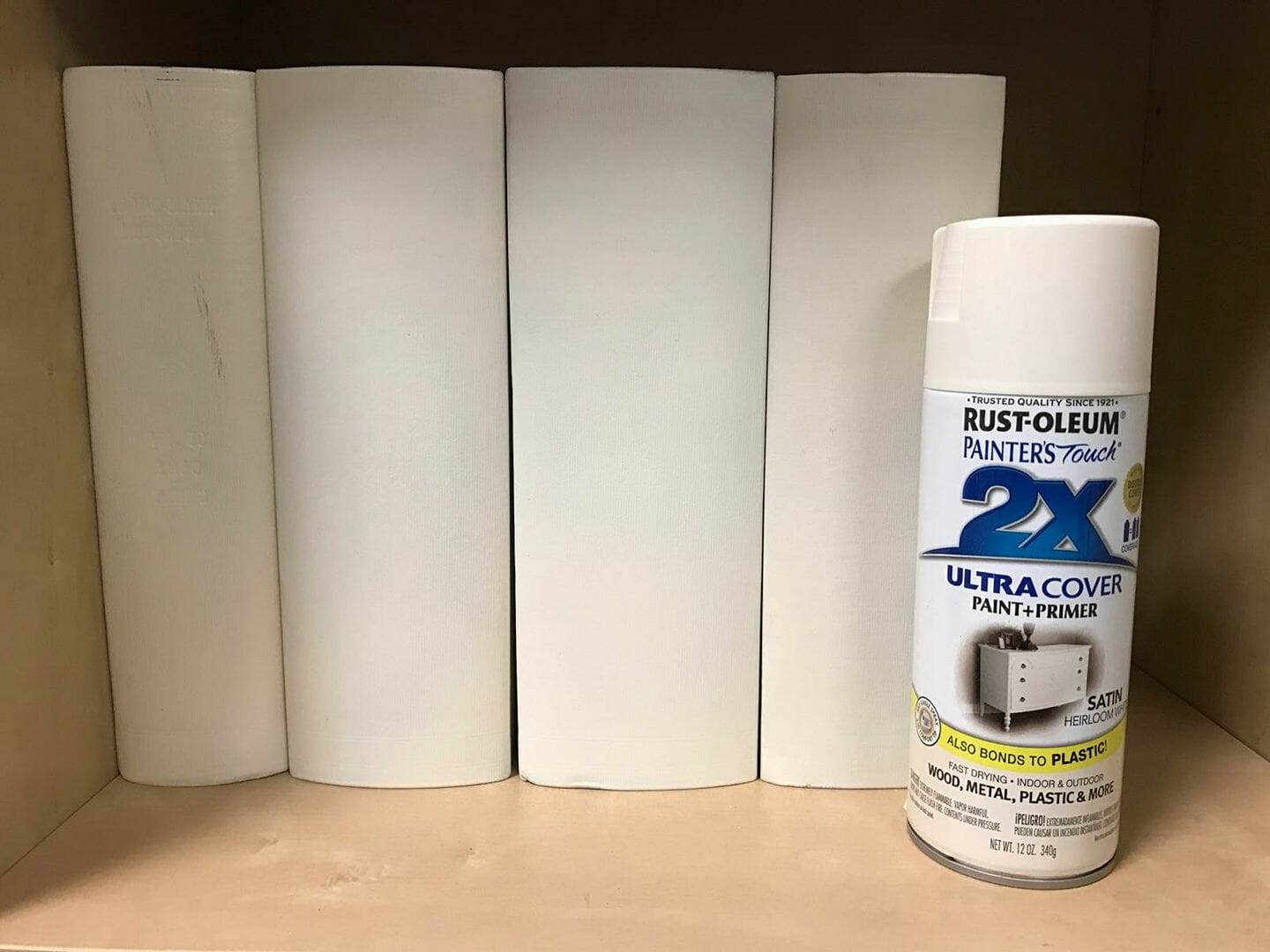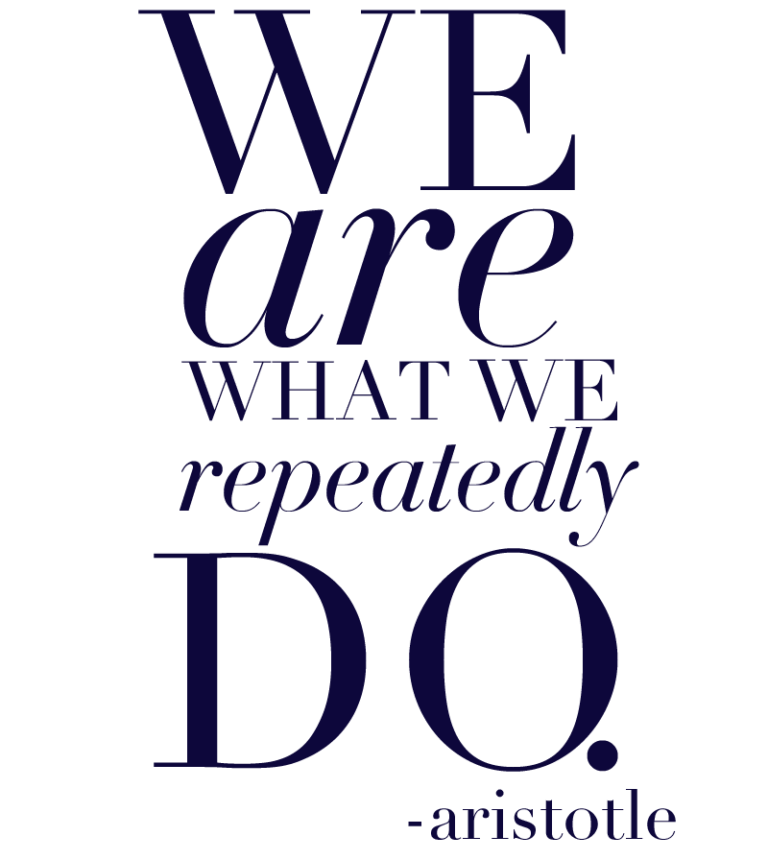
Hindsight is 20/20 – we’ve all heard this, but it’s never more true than immediately following a terrible mistake that you have made in your business, that often can be costly. Have you ever had that moment of clarity following a disaster where you thought “I wish someone had told me that!”? Trust me when I say that every home stager and every entrepreneur, regardless of what level they are at in their business, has had that moment.
Well I polled the industry’s best, and I asked for their best tip for home stagers, whether it’s a business tip, a staging hack, or just something that they wish they knew sooner. I have compiled them here for you in this Top 10 List (in no particular order) to help you to grow, learn, and above all else, hopefully avoid some mistakes that we have made!! Check out what they have to say:
1. Transform Old Books and a Simple Option for Staging Built-Ins

David Peterson, Synergy Staging
www.synergystaging.com
instagram.com/synergy_staging
Stagers have a love / hate relationship with built-ins. Some love them and some want to avoid them at all costs. With this simple solution you’ll be able to update your old (or newly acquired) books while also giving a slick and time saving look to mix into your stagings.
For years we wrapped our books with wrapping paper so they all had a uniform and neutral look. However, after many trips to and from various staged homes, the wrapping would wear down, rip, and we’d have re-wrap them. We are now spray painting all of our hard cover books to give them a consistent look that is cost effective and durable.
The best paint we found is pictured below and can be purchased at Home Depot. Feel free to try other colors, but this Satin finish of Heirloom White has proven to give us the best and most versatile look.


The painting is quite easy and requires no taping. Simply open the book in the center, turn it face up on a paintable surface (we use large sheets of cardboard and paint outside on the rear driveway of our warehouse) and spray both front and back covers simultaneously. Once it is dry you are ready to go. No need to do anything with the pages.
If you need a good source for hardcover books I recommend searching Craigslist for “Free Law Books”. There are many times when law offices are getting rid of their large collections of legal books and generally will give them away for free or a very nominal cost. We’ve gotten hundreds of free hardcover books this way.
Good luck!
2. Create a Company Language
Bobbie McGrath, Successful Staging/Occupied Consultation Specialist™
www.SuccessfulStaging.com
As you grow your business you will find yourself hiring people. I recommend you take the time to meet with your ENTIRE staff (delivery people, packers, consultants, administrative support, installers, etc.) to instill a common vocabulary across your company. This will help reduce misunderstandings and also provides an opportunity to elevate and brand your business. (Think Starbucks…Short, Tall, Vente, Grande…see what I mean?) Remember, what you have in common UNITES you. Let the words you choose not only brand your business but also unite your team!
3. Create a Quoting System
Yvonne Laanstra-Rooth, Staging Calgary
www.stagingcalgary.ca
The number 1 tip I like to give to stagers: Create your quoting system, working with packaged pricing per room. Yes, all homes are different but if you look closely, 90% of the time, a living room or bedroom needs the same amount of staging items. Estimate and calculate what you need per room for furniture, artwork and accessories as well as your staging time and destaging time. In case a room needs one extra piece of art or an extra chair, it is easy to add to your price. By quoting with set prices per room, you save yourself so much time in calculations, inventing the wheel over and over. In my first years, I calculated every vase, flower and piece of art, generating quotes that were more or less the same. Now working with set prices per room, there is no more guessing. You can make a quote in 5-10 minutes. A huge time saver.
4. How to Close a Sale for What You are Worth
Tracy Molendi, Simply Organized & Staged
www.StagingPeoria.com
Realize your value, and what you are bringing to the table. Don’t sell yourself short or get talked into discounting your pricing. Remember, someone else’s financial issues are not your financial issues, unless, of course, you discount you’re pricing for them!
You are increasing the value of the home, shortening the time on market, reducing the need for price reductions and lowering your Realtors marketing cost. Know with full assurance you bring a great deal of value to the process of selling a home. If you always have the clients best interest at heart, stand tall and tell them what needs to be done to get the house to stand out in the market and what it will cost to make it happen. When you talk to your clients with confidence and show them you have their best interest at heart, explaining why these things need to be done and how it will help them sell, they will trust in you and in the process.
It is always best to deal directly with the client, the person who owns the property, so you can explain why you are recommending what you are recommending and show them you are knowledgeable, that you care and that you want to help them sell their house. They need to trust you and believe in you! That won’t happen though email or their Realtor® relaying the information. Make a point to “Sell” face to face when you can! Use marketing terms instead of design hot phrases, they will see you as a professional who understand the Real Estate Industry.
When you appreciate your value, talk with confidence and always have your clients best interest at heart you will be able to close most deals face to face with the decision makers.
5. Invest in a Solid Home Staging Contract
Michelle Minch, CEO Moving Mountains Design
www.MovingMountainsDesign.com
The first thing you should invest in when starting your home staging company is a good home staging contract (assuming you’ve already taken a comprehensive home staging course). Do this before you have a website or business cards. It will be the backbone of your company and it will give you confidence knowing you have this very important piece of your business puzzle in place. Your contract should lay out the terms of how your business will operate. It should set your boundaries so it is clear what you will and will not do. It should help eliminate any questions your client may have and provide them with a road map for working with you. You should consider your contract a “living” document that will change over the years to incorporate different guidance to cover you for events you never imagined encountering. A well-written contract will help you to sleep at night, knowing you and your business are covered.
6. Manage Your Inventory, Don’t Let it Manage You
Todd McAllister, OnStage
www.onstage-online.com

Have some type of inventory system – it doesn’t matter how big you are or if you only have accessories. If you are renting items, you need to know how much money these items are generating for you. If you have something that is just sitting on the shelf taking up space, get rid of it, every square inch of your storage space should make you money! An inventory system is also good if you have theft or disaster. Your insurance company will want to know what you paid for things if you want a payout. An inventory system doesn’t have to be complex, a simple spreadsheet will do. Get into the habit of entering your purchases as they come in. Also spend money on racking your storage space to store as much as you can: go as high as you legally can.
7. Versatility is Key
Johnathan Miller, Jsquared Interior Staging & Design
www.jsquaredrva.com
 Starting a Home Staging company was exponentially harder than any other job that I have had. Evaluate your time and commitment. You will not instantly have success and you will be wearing many hats as you grow. Operating well across a variety of areas: sales, marketing, finance, operations, HR, etc. Your first order of business is to create a product that showcases value and is an irresistible solution to the target agent.
Starting a Home Staging company was exponentially harder than any other job that I have had. Evaluate your time and commitment. You will not instantly have success and you will be wearing many hats as you grow. Operating well across a variety of areas: sales, marketing, finance, operations, HR, etc. Your first order of business is to create a product that showcases value and is an irresistible solution to the target agent.
8. Be Consistent
Tori Toth, Founder of The Stage to Sell Strategy and The Video Visibility Course
www.toritoth.com
Whether starting a home staging business or being an established veteran the key to success is consistency. You need to be consistently upholding your company’s systems, marketing platforms and relationships to make your business more visible and viable for that matter. Aristotle says:

9. Marketing is a Part of Life
Marianne Cherico, Coaching by Marianne Cherico
www.coachingbymarianne.com
My biggest tip for home stagers is that, like it or not, marketing will always be an important part of growing your business so you might as well embrace it. If you want to attract your ideal clients and create a lucrative business that makes you happy, you need to become a savvy marketer or pay handsomely for someone else to do it for you. Either way you need to be clear about who you are marketing to and have a solid strategy to attract clients.

10. Leave Your Mark
Ginny Truyens, Feels Like Home 2 Me
www.FeelsLikeHome2Me.com
Have a signature accessory that identifies your company for realtors who view the jobs frequently. I have silver birds – they’ve been in every home we have staged for past 8 years and have made their rounds to every room!
Original posted on SLS Academy’s blog here.
- Red Flags You’re Competing on Price, NOT Value - February 9, 2022
- Learn the secret to getting your business running like a fine-oiled machine - February 5, 2021
- RESA Ontario Provincial President Responds to OREA Legal Opinion RE Whether Essential Business Designation Includes Home Staging - April 28, 2020


